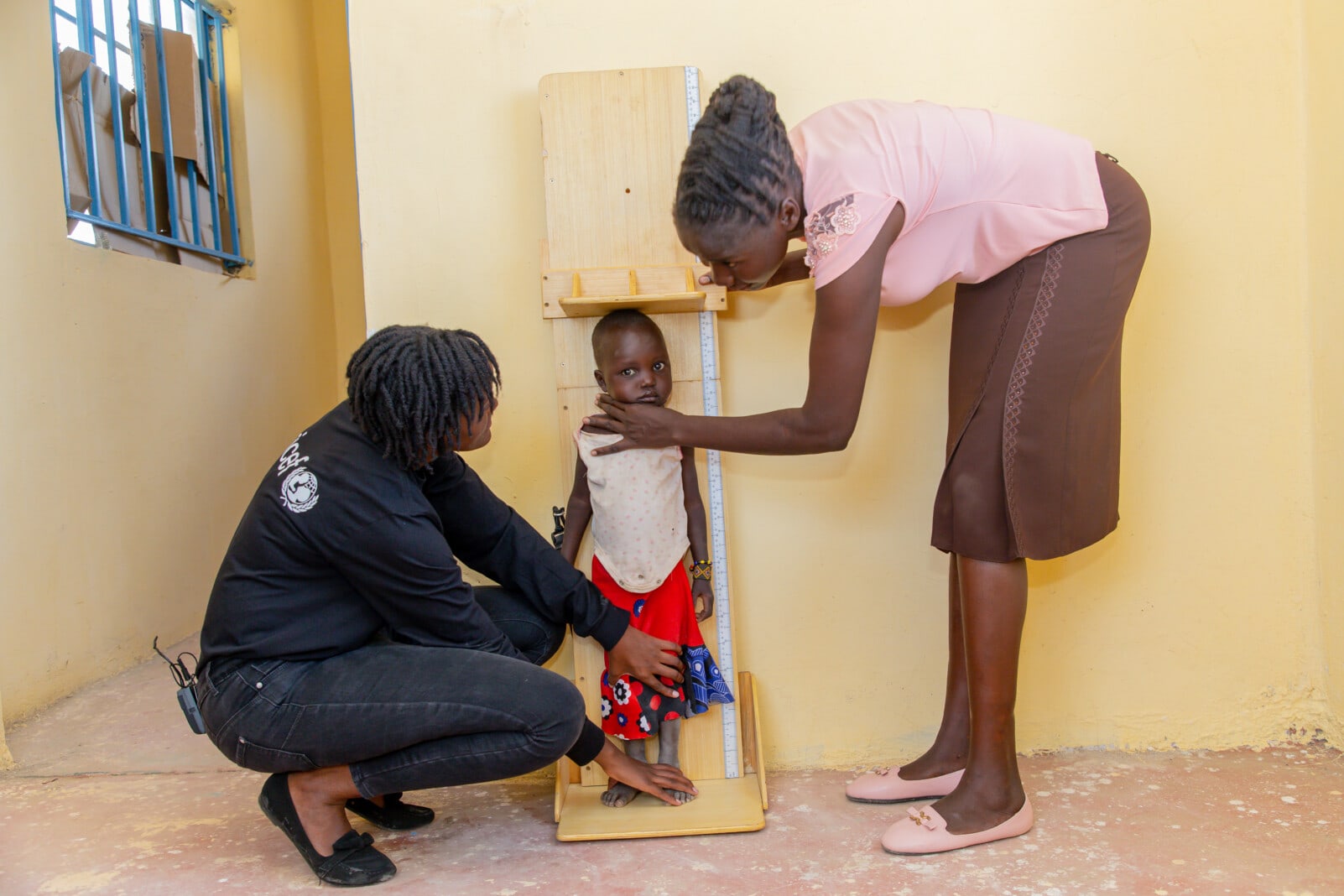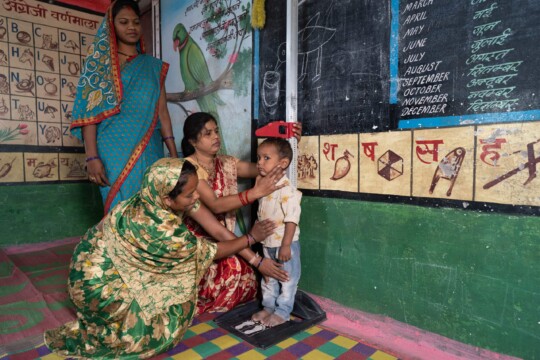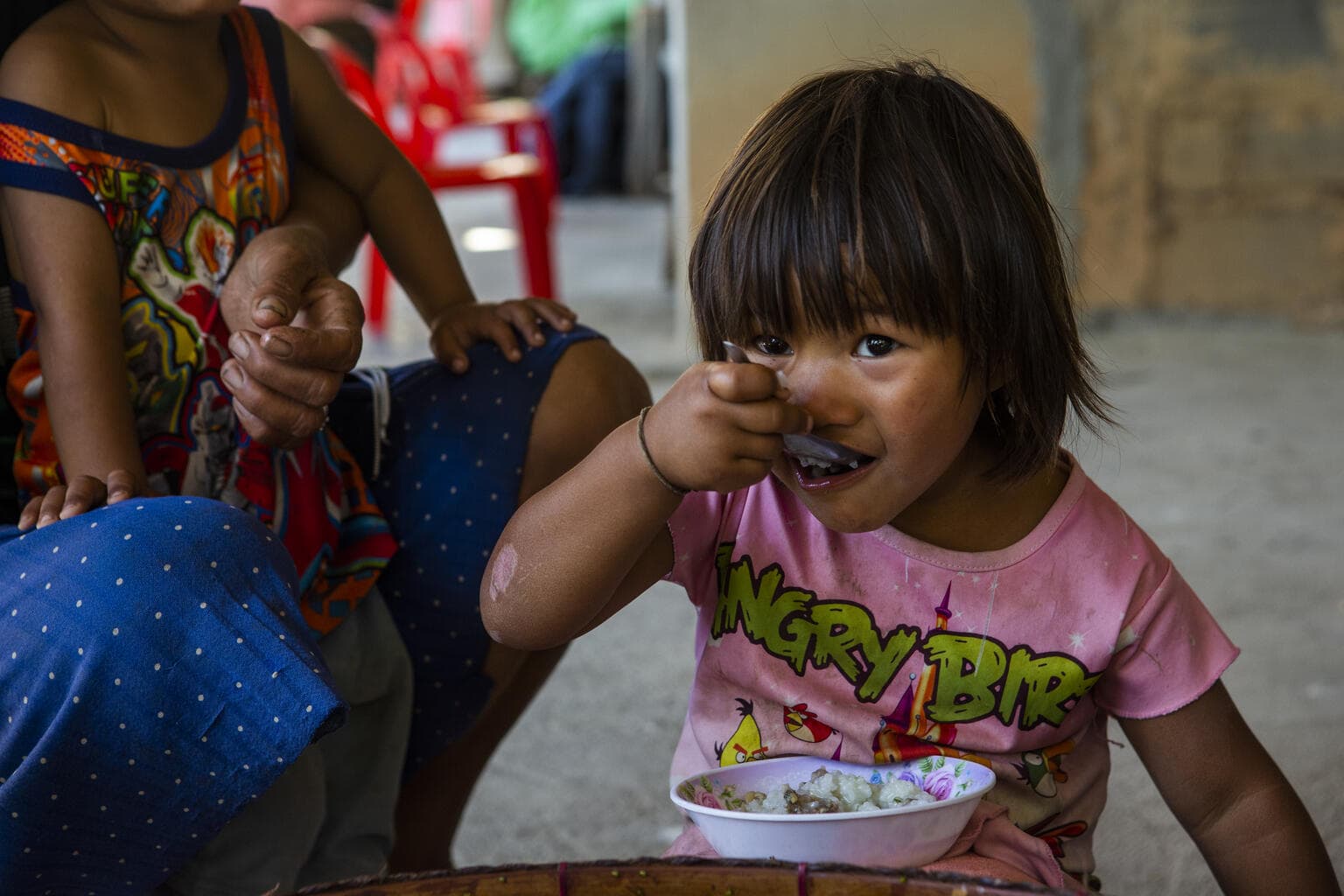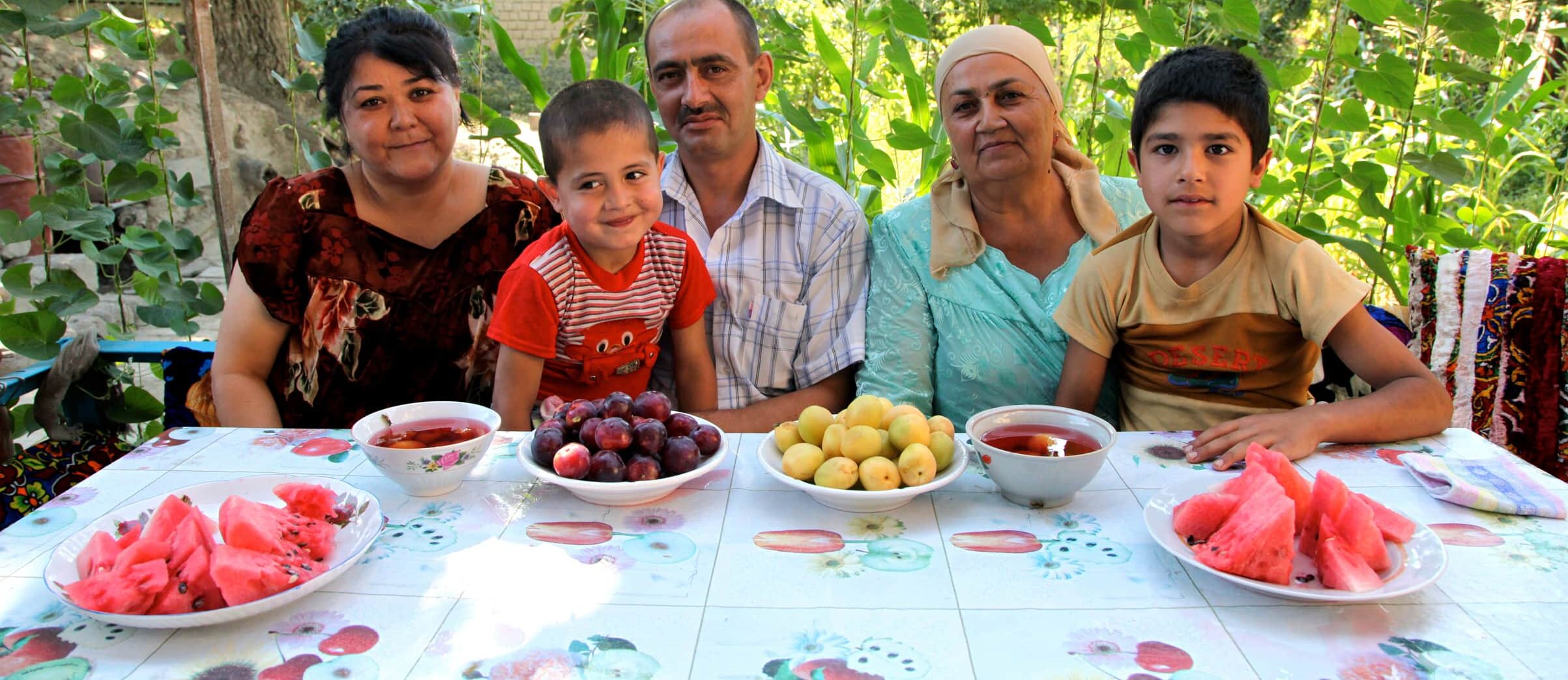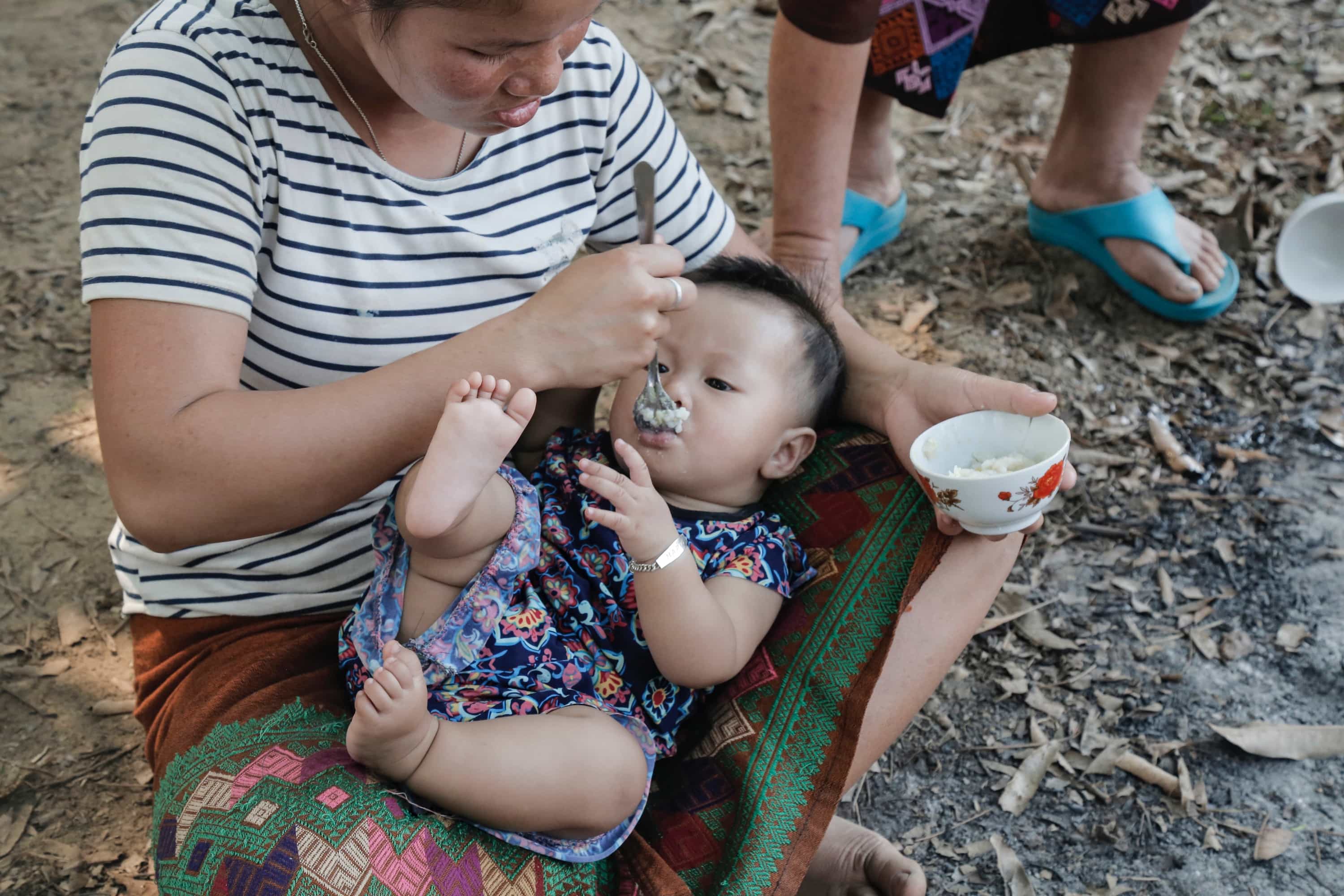Purpose
Accurate data on child malnutrition is a key input for countries and other stakeholders to develop and implement policies and programmes. In 2019, the United Nations Children’s Fund (UNICEF) and the World Health Organization (WHO) released guidance on the criteria and standards for collecting, analysing and reporting on malnutrition estimates in children under 5 years old. The guidance was developed by the UNICEF-WHO Technical Expert Advisory Group on Nutrition Monitoring (TEAM) Working Group on Anthropometric Data Quality using evidence-based information and practical experience. This has resulted in the strengthening of anthropometric measurement procedures in population-based surveys.
Nine priority research topics
Technical briefs were planned to describe each of the nine research priority areas listed below. To date, three topics in the list below have been completed with the remaining briefs expected to be released before the end of 2023. Each brief includes a problem statement, research questions and research approaches.
The following topics will be covered by the briefs:
- Anthropometric standardization exercises in population-based surveys.
- Technological innovations for anthropometric measurement instruments in population-based surveys
- Age collection methodology in population-based surveys to generate anthropometric Z-scores
- Replicate length/height measurement techniques in population-based surveys
- Hair obstructions in height/length measurement and clothing and heavy jewellery obstructions in weight measurement in population-based surveys
- Anthropometric remeasurement quality assurance procedures during data collection in population-based surveys
- Biological and statistical flagging of anthropometric Z-scores in population-based surveys
- Thresholds for anthropometric data quality indicators in population-based surveys
- Random and systematic error in anthropometric estimates in population-based surveys
The focus of the briefs is on anthropometric data relating to weight, length/height and age in children under 5 years old in population-based household surveys. In some instances, the briefs can be applicable to other anthropometric measurements, age groups or contexts.
Calling all interested parties
To move the agenda forward, we need researchers interested in taking up these research priorities to help us improve the quality of anthropometric data. And we need funders interested in investing in and supporting this work. The evidence generated will be used to update global guidance. The success of this effort will depend on working with donors to secure funding and cooperative partnerships among researchers directly involved in research implementation.
The UNICEF-WHO TEAM Working Group on Anthropometric Data Quality will serve as a coordinating body to avoid duplication and to ensure that the research meets the intended objectives.
If interested in joining this effort or you have any questions or comments please contact the UNICEF-WHO TEAM Working Group on Anthropometric Data Quality at: [email protected] and [email protected].
Download the Research Agenda overview.
